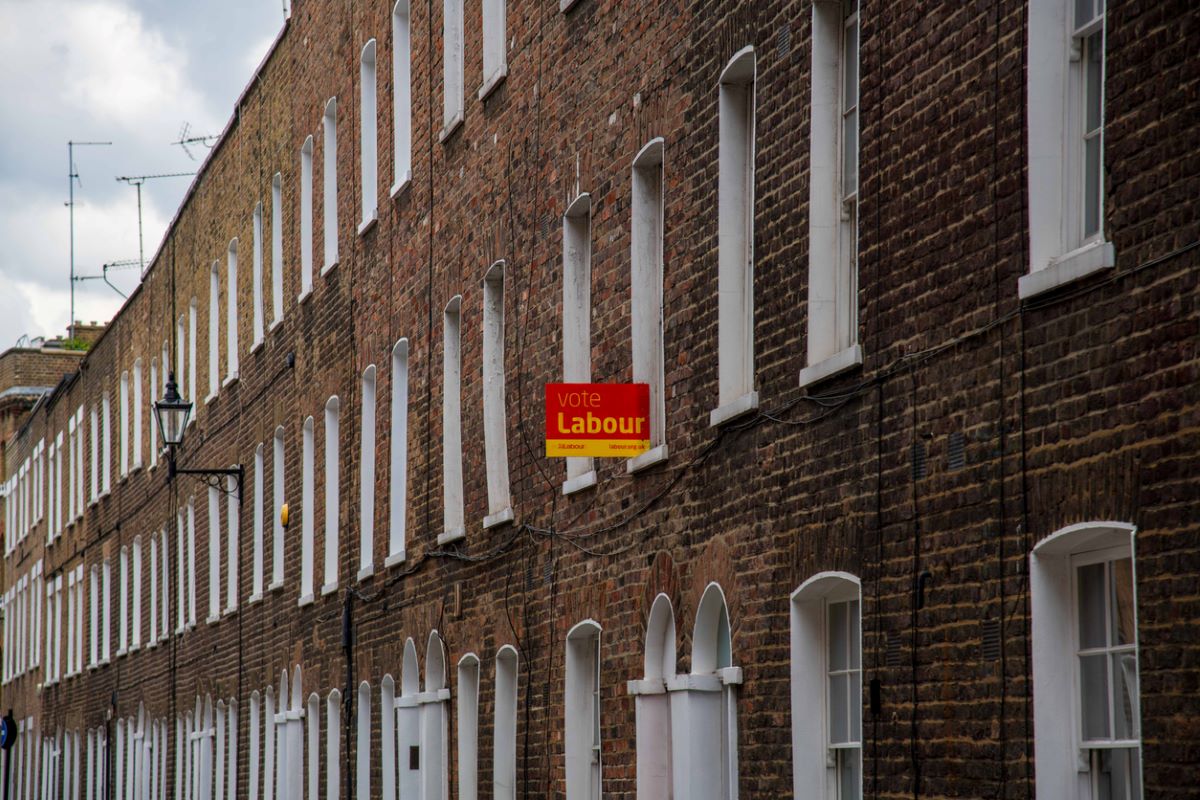Labour rules out CGT on sale of main homes
Sir Keir Starmer has officially ruled out the possibility that Capital Gains Tax (CGT) will be implemented on the sale of people’s homes, should Labour get into power in the upcoming General Election. Sir Keir Starmer was quoted as saying that he could “absolutely” guarantee that it would not happen, sparking a flurry of discussion in the lead up to the election.
While Labour had already ruled out increasing the rates of national insurance payments, VAT and income tax rates, it had largely responded to questions about its wider tax policy by saying there were “no plans” in the manifesto that required tax rises beyond those already laid out.
The real discussion was sparked when the Conservatives claimed that Labour were planning a series of stealth tax raids, including the possibility of introducing capital gains tax on the sale of main residence property, prompting Starmer to put out the official statement that Labour would guarantee that capital gains tax on sale of main homes would not be introduced.
What is Capital Gains Tax?
Capital Gains Tax (CGT) is a tax you pay on the profit of anything you sell that has increased in value.
Essentially, if you make a profit from selling something for more than you bought it for, after deducting any costs for improvements and selling fees, you may have to pay CGT. If your total profit in a tax year exceeds the tax-free allowance, currently £3,000 for the 2024/25 tax year, you'll need to pay tax on the profit amount above this limit.
Of the value that you gain when you sell, only the profit is taxed. For example, if you purchased an asset for £1,000 and sold it for £2,000, you’ve made a gain of £1,000, and only this would be taxed. It is important to note that everyone has a tax-free allowance each tax year and you do not have to pay any tax on profits made before reaching this allowance.
It is worth noting that the annual tax-free allowance for CGT was reduced by the current Conservative government from £6,000 to £3000 from April 2024
For further information about Capital Gains Tax, take a look at our CGT Guide.
Who pays Capital Gains Tax?
Anyone can pay CGT if you are selling or disposing of a ‘chargeable asset’. You can pay CGT on your personal assets as well as assets from which you own as a trustee or are disposing of as a personal representative, such as an executor of a deceased person's estate. You don’t have to pay CGT from any gains made on UK government gilts, premium bonds, winnings on betting or the lottery.
Examples of chargeable assets
- Property that isn’t your main residence e.g. a buy to let or holiday home
- Any personal possessions that are worth more than £6,000 – excludes your car
- Stocks and shares that are not in an ISA
- Business assets
What rates do I pay on Capital Gains Tax?
The rate you pay can vary based on your circumstances, however, below gives you an indication of the rates you might pay based on your situation.
- 10% or 20% for individuals;
- 18% or 24% for residential properties
- 20% for trustees or personal representatives
- 24% for trustees or personal representatives for residential properties
At The Private Office we can offer advice and guidance about how to best navigate this often-complex area. If you want to find out more about how you can pay a fair but minimum amount of tax, why not give us a call on 0333 323 9065 or book a free non-committal initial consultation with one of our chartered advisers.
Arrange your free initial consultation
This article is intended for general information only, it does not constitute individual advice and should not be used to inform financial decisions.
The Financial Conduct Authority (FCA) does not regulate tax advice.

